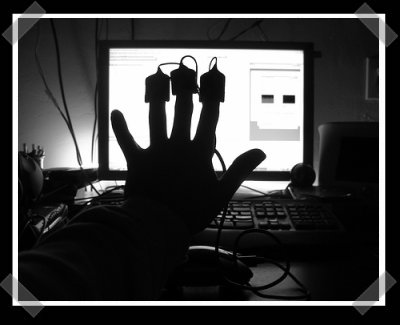
A first look from Ars Technica at the newly released Neo FreeRunner phone by OpenMoko reveals some interesting information. There are three different software stacks available to use; the Neo FreeRunner will ship with the GTK-based stack, referred to as om2007.2. It offers conventional smartphone applications, but most importantly, it includes “full root access to a Busybox shell with all of the standard scripting tools like sed and awk”. The ASU stack is what OpenMoko developers are currently working on; there are promises of a more user-friendly experience. The FSO stack, also currently in development, aims to resolve the issues brought up by having different software stacks for the same phone. Since none of the stacks are considered “fully functional”, OpenMoko may have a difficult time attracting a mainstream audience. Hackers may be hampered by the lack of available documentation, although there are resources for OpenMoko enthusiasts, if you just search hard enough. The final conclusion? While OpenMoko may be difficult to use, it compares favorably to competitors such as Google’s Android platform, which is less flexible.














